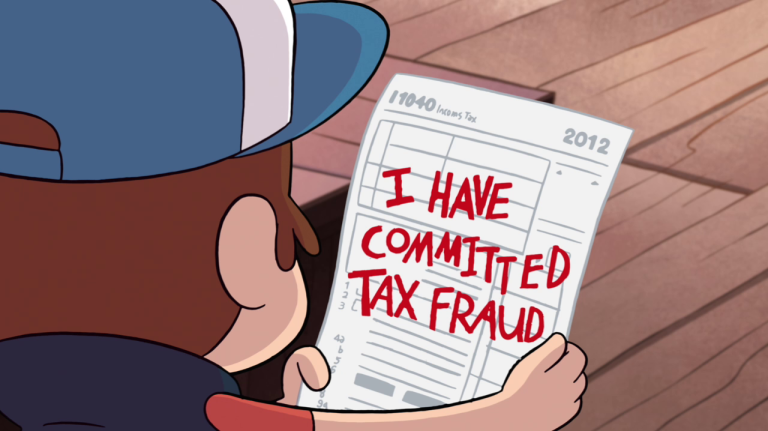Elder Fraud: Protecting Older Americans from Financial Exploitation
International Coordination and Mail-based Fraud Schemes
Many frauds targeting the elderly in the United States originate overseas. Combatting such schemes often requires close collaboration with our international partners. To this end, we are committed to expanding our engagement with law enforcement agencies in the countries in which many of these frauds originate.
As a key component of these efforts, the department co-chairs the International Mass-Marketing Fraud Working Group. This group includes the FBI, as well as other U.S. investigative and regulatory agencies, such as the FTC, USPIS, U.S. Secret Service, and ICE-HSI. It also includes law enforcement and regulatory personnel from Australia, Belgium, Canada, the Netherlands, Nigeria, Norway, Spain and the United Kingdom. The members of the group meet to confer on cooperative measures to improve the sharing of law enforcement intelligence, disrupt mass-marketing schemes, enhance public education and prevention measures and increase the effectiveness of criminal and civil enforcement actions directed against mass-marketing fraud.
The success of such cooperation is illustrated by the recent Dutch matter that is now pending in Brooklyn. (See www.justice.gov/opa/pr/justice-department-and-dutch-authorities-announce-simultaneous-enforcement-actions-against). The complaint filed by the United States alleges that U.S. residents received fraudulent direct mail solicitations that falsely claimed that the individual recipient had won, or would soon win, cash or valuable prizes or otherwise come into a great fortune. The recipient need only send some money for processing fees or taxes. Victims sent payments through the U.S. and international mail systems to defendants that were located, owned and operated in the Netherlands. Through its action, the United States is seeking an injunction under the Anti-Fraud Injunction Statute to immediately shut down the defendants’ role in the fraudulent schemes and to protect U.S. victims from further harm. The injunction sought by the United States would enjoin the defendants from using the U.S. mail, or causing the U.S. mail to be used, to distribute the fraudulent solicitations or to collect victim payments, and from selling lists of American victims who have responded to the solicitations. If granted, a permanent injunction would allow the USPIS to intercept mail heading to the defendants and return that mail—along with any money being sent to the defendants—to U.S. victims.
At the same time that the department took its enforcement action in this matter, Dutch law enforcement agents executed search warrants at the business address used by the Dutch companies and the home address of the individual defendant. The Dutch authorities also took control of the Dutch post office boxes used by the defendants to receive victim funds. The coordinated U.S. and Dutch enforcement actions seek to immediately prevent the defendants from benefitting from their scheme and thus to shut down their continuing efforts to victimize the elderly.
Another example of the department’s active efforts to combat elder financial exploitation is its successful action to shut down a large scale “psychic” mail fraud scheme. In an amended complaint filed in November 2015, the United States alleged that certain defendants operated a mail fraud scheme in which they sent letters through the U.S. mail to American consumers, purporting to be written by psychics claiming that they had a specific, personalized vision or psychic reading revealing that the recipient of the letter had the opportunity to achieve great wealth, including winning millions in the lottery. The solicitations urged victims to purchase various products and services to ensure that their predicted good fortune would come to pass. In reality, the solicitations were identical, mass-produced form letters sent every month to tens of thousands of recipients throughout the United States. Many of the citizens who received the solicitations were vulnerable victims, including the financially desperate, the elderly and the infirm. Over one million individual victims were defrauded out of over $180 million by this scheme.
As a result of the department’s efforts, in May 2016, the U.S. District Court for the Eastern District of New York entered a consent decree that permanently barred eight individuals and entities from operating this psychic mail fraud scheme. In particular, the consent decree barred the defendants from using the U.S. mail to distribute any advertisements, solicitations or promotional materials on behalf of any psychics, clairvoyants or astrologers. Moreover, the consent decree enjoined the defendants from using the U.S. mail to distribute materials representing that services or items offered for purchase would increase the recipient’s odds of winning a lottery, would bring the recipient good luck or would entitle the recipient to receive an inheritance.
Other successful examples of international partnerships include Project Jamaican Operations Linked to Telemarketing, or Project JOLT. As part of this project, U.S. and Jamaican law enforcement worked together to combat fraudulent lottery schemes from Jamaica preying on elderly citizens in this country. In 2015, the department, working with ICE-HSI and the USPIS in Miami and with the government of Jamaica, successfully extradited the first Jamaican citizen to be prosecuted in this country for conspiracy to commit wire fraud in connection with a lottery scheme. He was ultimately convicted in federal court and was sentenced to 46 months in prison. Moreover, since 2009, department attorneys have prosecuted or are prosecuting nearly 100 individual defendants linked to Jamaican-related lottery schemes. The approximately 40 defendants who have been convicted and sentenced thus far have been sentenced, collectively, to more than 145 years in prison.




